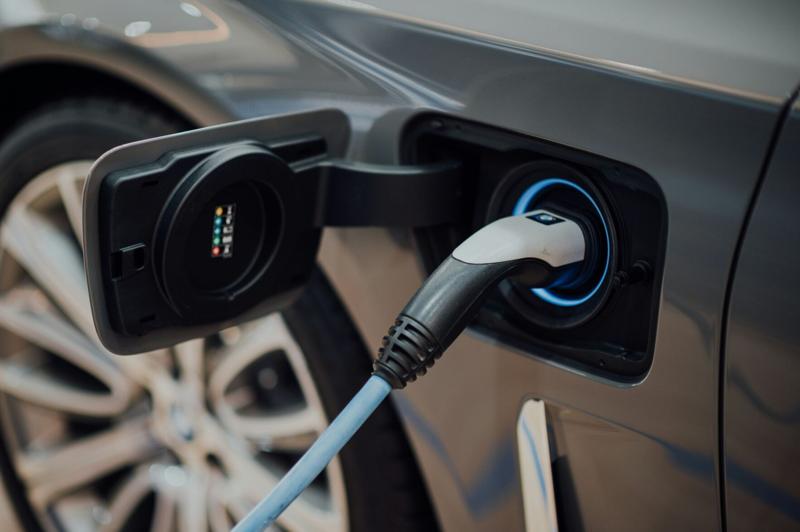(The Center Square) – Clark Public Utilities in Clark County, Washington, is offering a $50 credit to electric vehicle owners who agree to not charge during peak hours, as a way of helping the utility manage its power supply and costs.
“The $50 is a way to say thank you but we know it’s not going to be the driving incentive for folks to participate,” Dameon Pesanti, public information officer for Clark Public Utilities, told The Center Square about the pilot program.
There are about 10,000 electric vehicles registered in Clark County, according to Pesanti.
“What we know about the people who have EVs now in these early stages is they want to see their personal emissions lowered,” he said, “and so we think that will probably be the larger motivation in volunteering to sign up for this program.”
According to Clark Public Utilities, the program will run through the end of 2024 and participants will receive a $50 bill credit incentive for each EV that joints the program – that is, a $25 bill credit applied upon signing up and a second $25 bill credit to be applied at the end of the year.
The program is managed in partnership with Optiwatt, an EV charging administration platform used to determine the cheapest possible times to charge.
The utility is hoping about 800 EV owners will sign up for the program, which will restrict them from charging their vehicles during high-demand periods.
Each weekday from June through September, when weather conditions are warmer, those enrolled in the program will be restricted from charging their EVs from 4 p.m. to 8 p.m. From November through March, when weather conditions are colder, charging would be restricted from 6 a.m. to 10 a.m.
“As a general rule, we encourage customers to charge their car overnight, and with this program, we will only block out charging during seasonal peak high-demand hours, like winter mornings and late summer afternoons,” Pesanti said. “You come home and plug in your car, say 6 p.m., and it’s a winter day, so your car would charge all night, but there is that four-hour window in the morning when you would not be able to charge.”
These types of programs will be showing up more, Pesanti predicted, as more people purchase and drive EVs, at a pace beyond what the power grid can keep up with.
“The Clean Energy Transformation Act, the CETA law, requires that utilities create demand-response programs in Washington,” he explained.
Domestic electricity demand is expected to increase up to 18% by 2030 and 38% by 2035, per an analysis by the Rapid Energy Policy Evaluation and Analysis Toolkit, or REPEAT, an energy policy project out of Princeton University.
To sign up for the program, click here.







